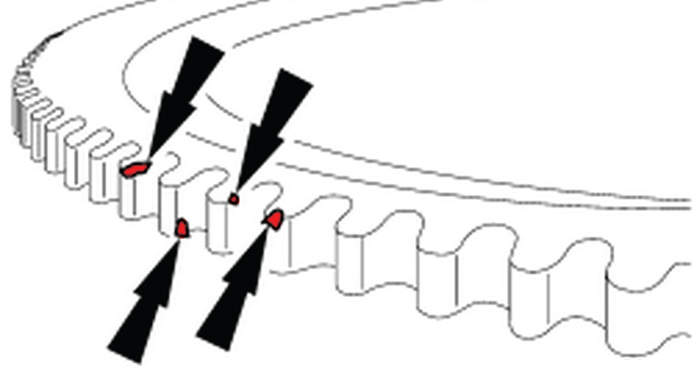On-The-Car Brake Lathe Precautions On ABS Vehicles
All anti-lock-brake systems (ABS) utilize speed sensor inputs. Some of these systems have very narrow tolerances in regard to wheel speed data. Speed sensor concerns include the air gap that can easily be altered during the course of brake maintenance. When using an on-the-car brake lathe, it is important to prevent metal shavings from contacting, and collecting on, the sensor.
Preventing ABS Sensor Failure In Pigtail-Style Hub Assemblies
ABS system failures that happen shortly after hub unit installation can cause concern for technicians and dissatisfaction for customers. Several items should be checked during replacement to prevent comebacks.
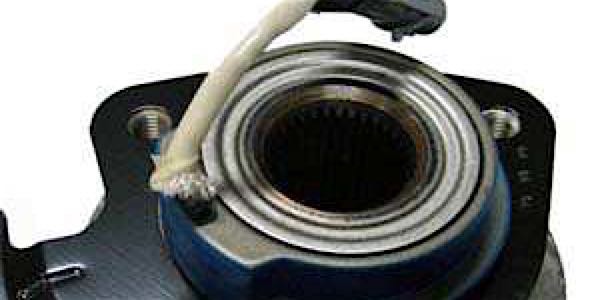
ABS: Why Winter Is Hard On Your ABS Brake System
Rock salt and deicing brines can corrode brake lines. Automakers have tried galvanization, polymer coatings and physical barriers to stop this corrosion, but these surfaces can’t prevent age and the pecking of road debris from causing corrosion.
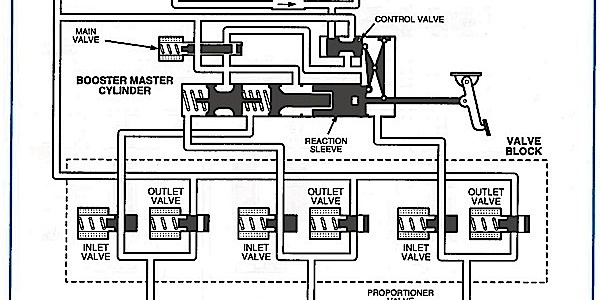
Chevrolet Tech Tip: ABS Light On, DTC C1233
Don’t always jump to conclusions. A wheel-speed-sensor-related trouble code does not always mean that the sensor itself is faulty. SureTrack provides multiple possible solutions to one problem. In this situation, the problem is code C1233. Scan over this Real Fix and see if it is the right fix for you.
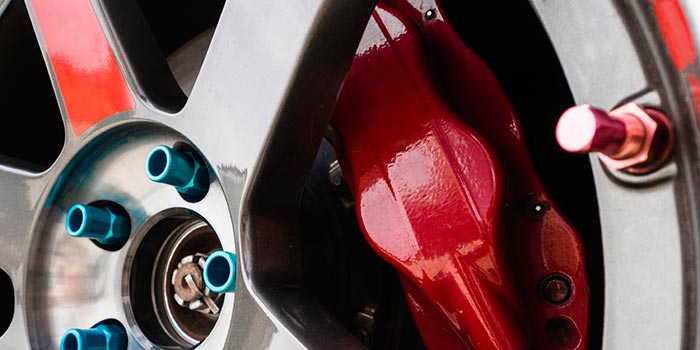
False ABS, ESC Activation Causes And Cures
The first mass-produced anti-lock braking systems (ABS) were introduced in 1985. By 2008, almost every passenger vehicle came standard with ABS. Next, electronic stability control (ESC) became a mandated safety feature for the 2012 model year. Along with all these advancements have come false activation complaints. Solving these has been a diagnostic conundrum through the years.
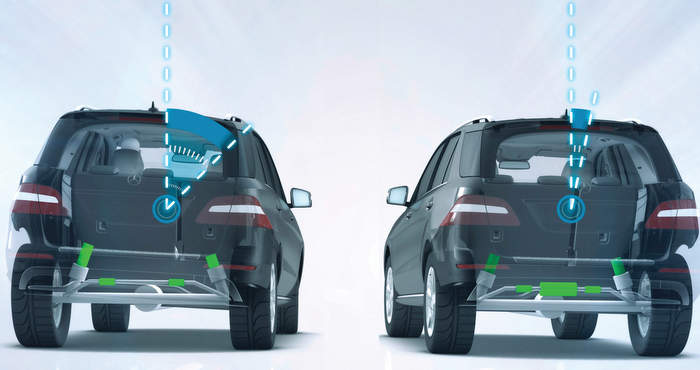
Freudenberg Sealing Technologies’ Shock Absorbers To Work In Extreme Cold With New Material Mixture
With a new high-performance material, Freudenberg Sealing Technologies (FST) has announced that its shock absorbers can reliably do their job even in extremely low temperatures, down to -40˚F. At the same time, the new material mixture, which is coming into use in damper seals for cars and commercial vehicles, is much more wear-resistant than conventional
Troubleshooting ABS Modulator Mechanical Problems
Mechanical issues with the ABS modulator, or hydraulic control units (HCU), are rare, but they can happen. With more vehicles on the roads with older ABS systems that have not seen proper brake fluid maintenance, mechanical issues are becoming more common.
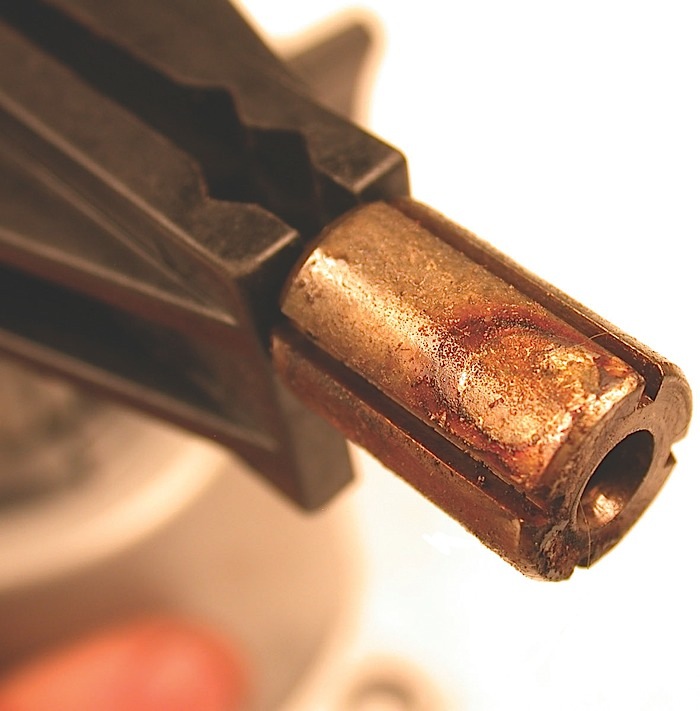
Tech Tip: ABS Light On Or False ABS Activation After Wheel Bearing Hub Replacement
If you diagnose a bad hub bearing on one side of a vehicle, and the ABS wheel speed sensor or tone ring is integral to the bearing, you may need additional repairs to restore proper ABS functioning. In many cases, replacing one hub bearing will cause the driver to feel ABS false activation when coming to a slow stop on dry pavement.

How New Technologies Impact ABS Systems and Chassis Service
I’m sure you have all been to an ABS systems class where you’ve heard that the base brake system must be operating as designed in order for ABS systems to work properly. This is true, but many still perform brake service in the same way they always have.
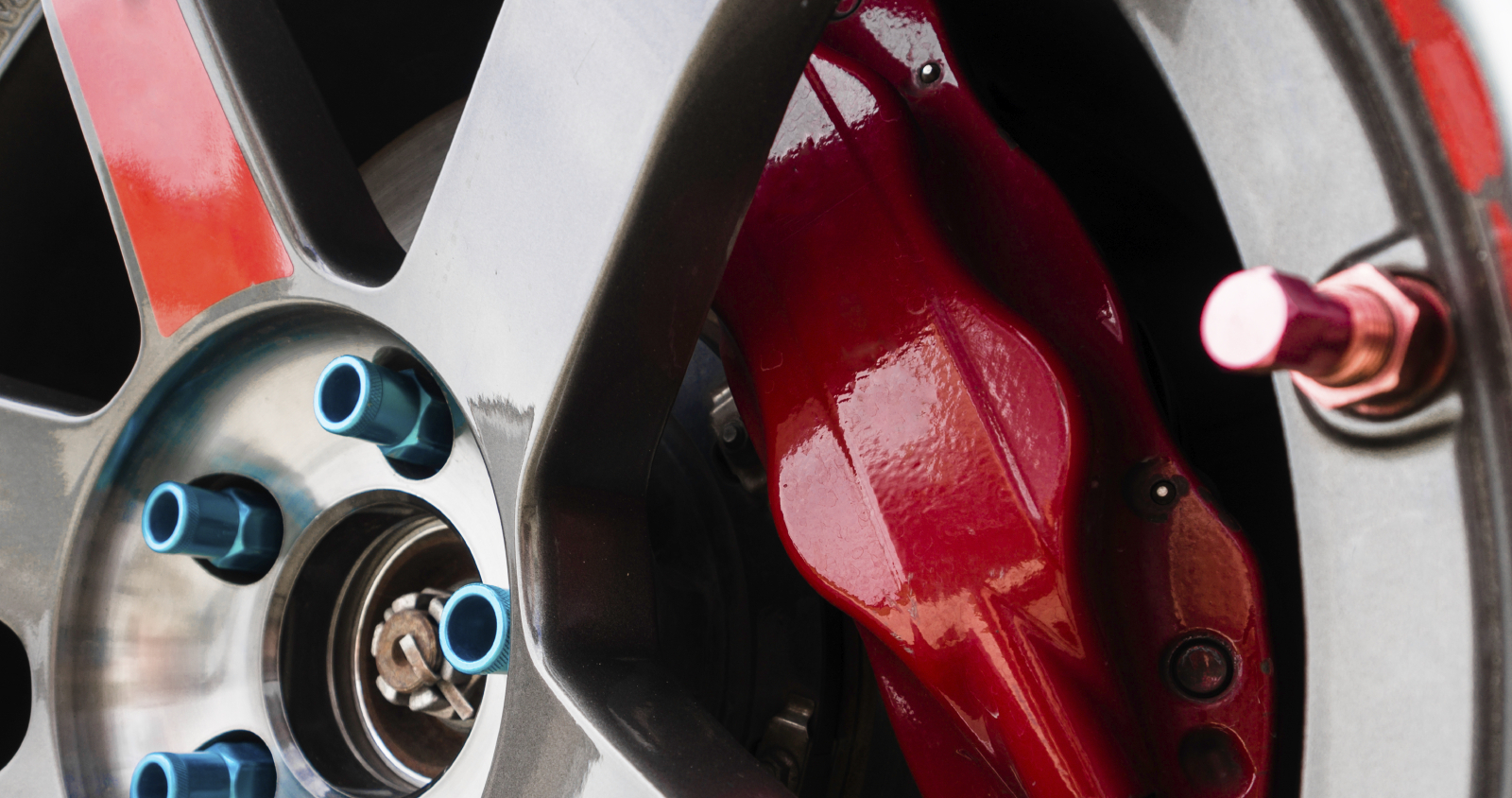
Ford: ABS Light On With DTCs C1175, C1236, P0500 or P0503
Model: 2005-’07 Super Duty Some 2005-‘07 Ford Super Duty vehicles may exhibit an ABS light on and possible diagnostic trouble codes (DTCs) C1175, C1236, P0500 and/or P0503. This condition may be due to faulty vehicle wiring, a failed wheel speed sensor or vehicle speed sensor (VSS) tone ring damage inside the rear differential case. The
